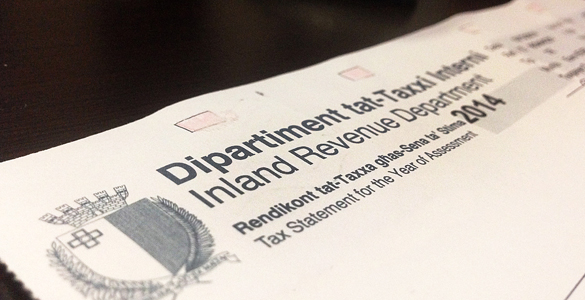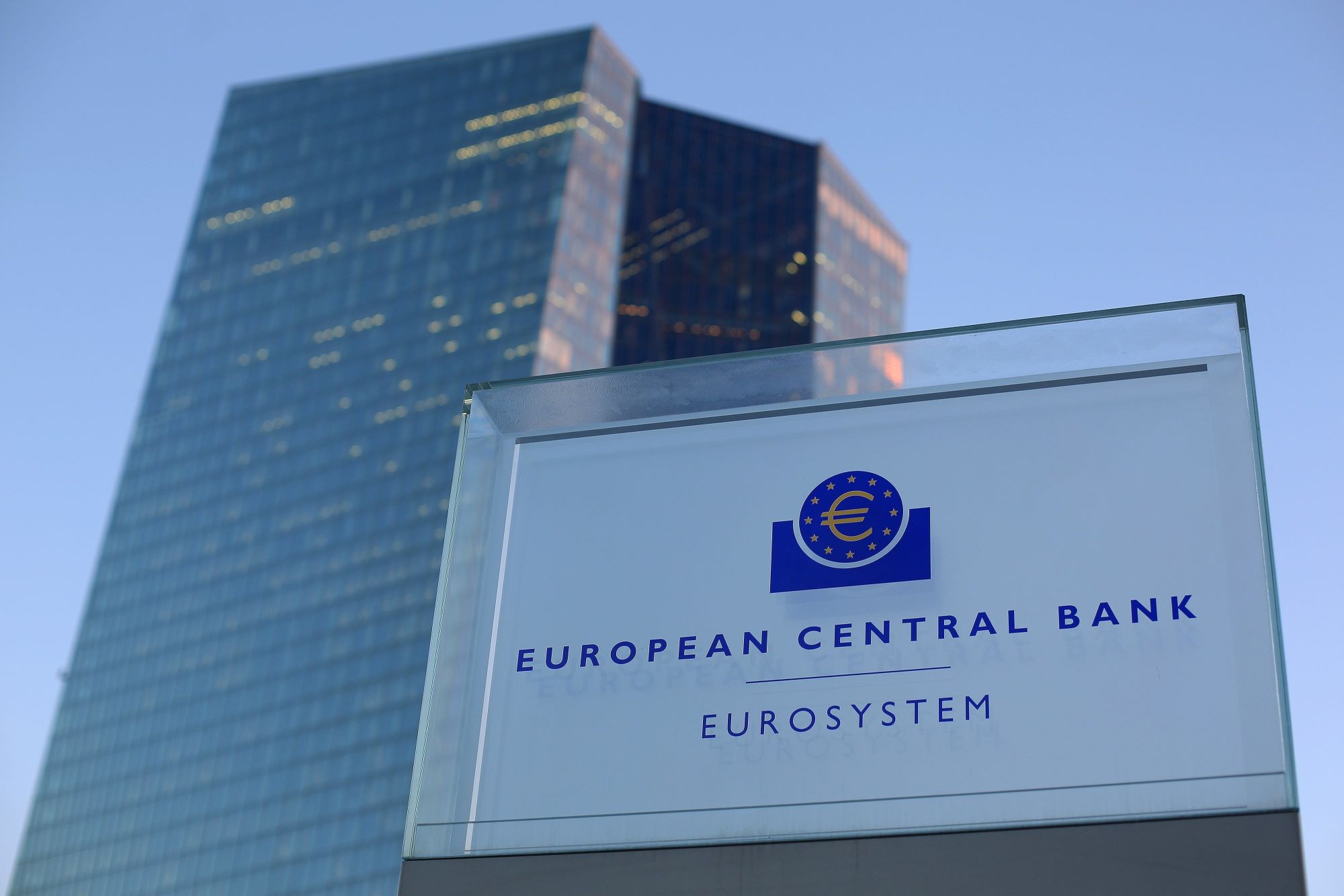According to a recent study carried out by the International Finance Corporation (IFC), titled “The Early Impact of COVID-19 on Financial Institutions”, a liquidity crisis in the world’s financial institutions seems, so far, to have been averted, with the institutions expected to be key to the world’s post-COVID economic recovery.
The survey of 317 financial institutions, carried out between 1st October and 15th November, drew three main conclusions:
Firstly, it found that operations have been impacted by the onset of the pandemic. Eight of every 10 survey respondents reported operational levels significantly below their pre-crisis levels.
Secondly, amongst financial institutions, it became clear that digital transformation was an urgent necessity, rather than a priority, as the need for digital operations to sustain business continuity became apparent.
Another key finding is that lending slowed down during the COVID period, but unlike the previous 2008-2009 Global Financial Crisis, where this was caused by liquidity “dry ups”, the low level of new business is said to have been caused instead by a contraction in consumer demand due to lockdown restrictions.
These conclusions, identified by IFC Senior Director Paulo de Bolle and IFC Director of the Sector Economics and Development Impact Department Issa Faya in a World Bank blog, are largely in line with those reported in Malta’s largest financial institutions.
All locally active banks who have shares or bonds listed on the Malta Stock Exchange have released their financial statements for 2020, depicting a tough year for the sector, with all banks reporting a significant reduction in profitability.
Additionally, these reports found that capitalisation and liquidity of these banks actually continued to strengthen under the tests of COVID.
Furthermore, in several of their annual statements, they identified digitalisation as being regarded as increasingly important.
In the future, as is identified by the IFC, there is a lingering risk that Government moratoria and other crisis-response measures could have masked non-performing assets, “suggesting that credit risks are lurking on the horizon”.
Top 5% of taxpayers responsible for one-third of all income tax paid in Malta
On the other hand, the bottom third of income earners pay just 1.7% of all income tax generated
The Malta Institute of Accountants prepares for its 2024 Anti-Money Laundering Conference
Held at the Radisson Blu, St Julians, this latest AML Conference promises to bring exclusive insights on new procedures
Eurozone interest rates to remain unchanged
The European Central Bank noted that price pressures remain persistent






